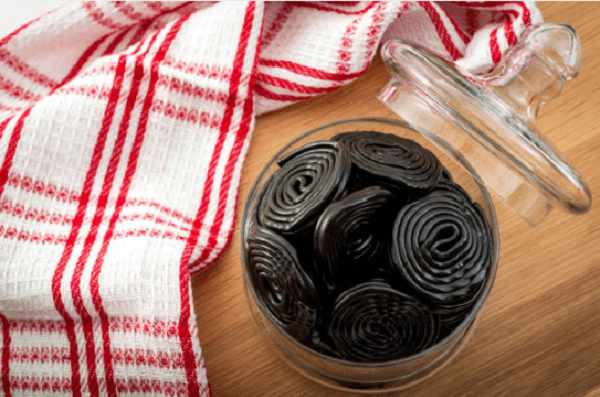Phytotherapy >>>> Liquorice - benefits and harms
Liquorice - benefits and harms.

There is nothing useful in modern artificially created sugar substitutes, but nature has taken care of creating an alternative to the usual sweets. Licorice is a wonderful plant that acts both as a sweetness and as a medicine. Licorice (or the often used pharmaceutical name "Licorice") is a shrub plant, the roots of which are so rich in glucose, fructose, sucrose and polysaccharides (fifty times sweeter than cane sugar) that they are used in the confectionery industry. Gummies are acceptable entertainment for children and people with diabetes. Caramel, chocolate, halva, marshmallow, jelly, compotes may contain licorice extract as an additive and sweetener. Licorice is especially often used to create diabetic foods.


In addition to its sweet qualities used in the food industry, licorice can act as a medicinal plant, which made it possible to use it in medicine. The medicinal properties of Licorice have been known since ancient times. Due to the high concentration of glycyrrhizic acid (about 23%), a corticosteroid-like substance with an anti-inflammatory and healing effect, licorice is used as a drug for bronchial asthma, gastrointestinal ulcers, allergic dermatitis, neurodermatitis, eczema, rheumatism.
In addition to the anti-inflammatory effect, licorice has a tanning and enveloping effect, which has a therapeutic effect (protects mucous surfaces) in case of respiratory diseases, irritation of the stomach and intestines.
Liquorice has an expectorant, irritant, laxative effect, for this reason it is included in cough preparations, diuretics and laxatives.
The benefits of licorice are obvious, but the health benefits of licorice may not be obvious. Why is licorice harmful? It is the medicinal properties of licorice that are the obstacle to its widespread use and excessive enthusiasm for liquorice sweets. The healing effect of its constituent substances can be detrimental to health if these chemicals are inappropriate in the body. This is more true for glycyrrhizic acid, which acts as a corticosteroid that prevents the absorption of a number of useful substances (trace elements), and also applies to saponins and alkaloids, which have an irritating effect, stimulate secretory activity. The pronounced medicinal effect prevents licorice from being used universally as a sugar substitute.

Read

Read



























